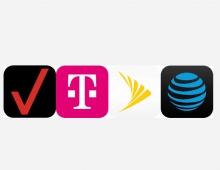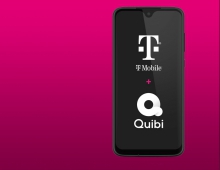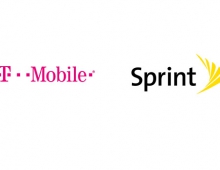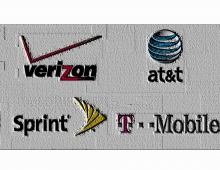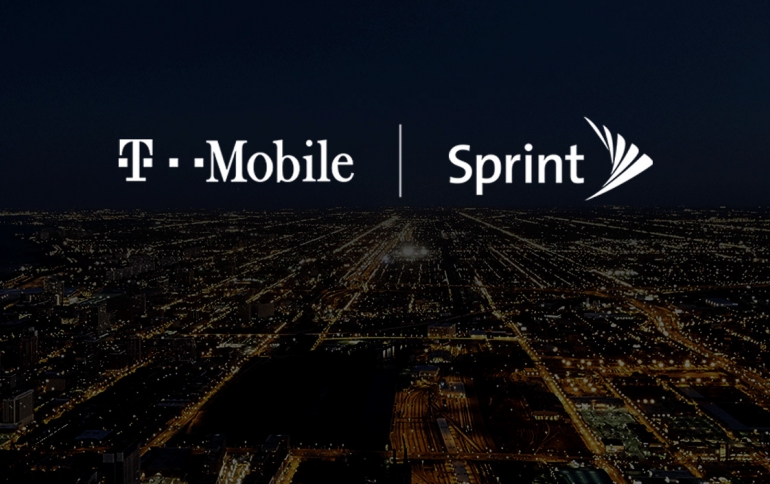
T-Mobile and Sprint Receive Approval from the Committee on Foreign Investment in the U.S. and Team Telecom on Merger Transaction
T-Mobile US and Sprint Corp. have received approval from the Committee on Foreign Investment in the United States (CFIUS) for their proposed merger transaction.
Additionally, the U.S. Department of Justice, Department of Homeland Security, and Department of Defense, collectively referred to as Team Telecom, submitted a filing with the FCC that it has reviewed the transaction pertaining to potential national security, law enforcement, and public safety issues. Team Telecom confirmed it has no objections to the merger and has withdrawn its request to defer action on the transaction.
“We are pleased to achieve both of these important milestones in the journey to build the New T-Mobile. We are a step closer to offering customers a supercharged disruptor that will create jobs from day one and deliver a real alternative to fixed broadband while delivering the first broad and deep nationwide 5G network for the United States,” said John Legere, Chief Executive Officer of T-Mobile. “These approvals assure the strong partnership both companies have with the U.S. government will continue with the New T-Mobile. We look forward to continuing our discussions with the remaining regulatory agencies reviewing our transaction to share our story and subsequently achieve similar positive results.”
The merger still needs the approval of the Federal Communications Commission, and is expected to occur during the first half of 2019.
Aside from competition issues, the proposed merger has raised eyebrows in the US because Chinese telecom giant Huawei—which Washington accuses of using its products for espionage—has trade ties with both Germany's Deutsche Telekom, T-Mobile's parent company, and Japan's SoftBank, which owns Sprint.
US news outlets have reported that to get the merger approved, those parent companies may reconsider their ties with Huawei.
Together, T-Mobile and Sprint have about 131 million subscribers, virtually matching second-ranked AT&T and posing competition to market leader Verizon Communications.

